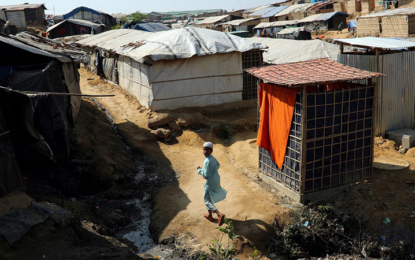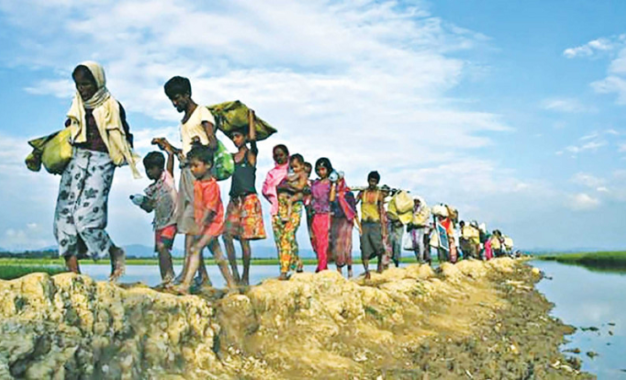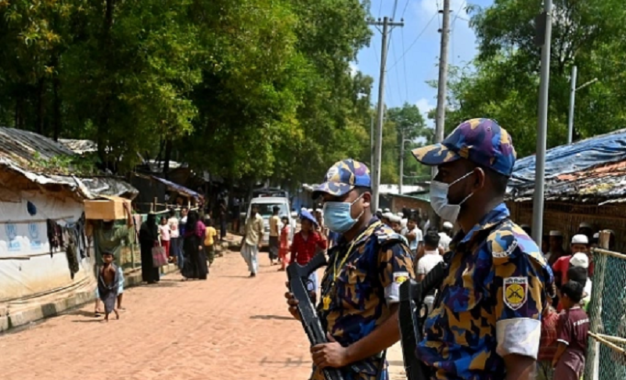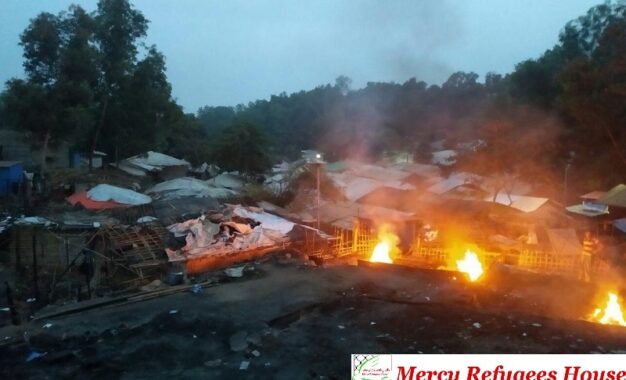Latest News
102 villagers, 750 refugees, one grand experiment
Articles & Interviews, Countries, Europe

There is no cinema in Sumte. There are no general stores, no pubs, gyms, cafes, markets, schools, doctors, florists, auto shops or libraries. There are no playgrounds. Some roads are paved, but others scarcely distinguish themselves from the scrub grass and swampy tractor trails surrounding each house – modest plots that grade into the farmland and medieval forests of Lower Saxony. There is no meeting hall. All is private and premodern.
One day in October, after a thousand years of evening gloom, a work crew arrives and lines the main avenue with LED street lamps. The lights are a concession to the villagers – all 102 of them – from their political masters in the nearby town of Amt Neuhaus, who manage Sumte’s affairs and must report to their own masters in Hanover, the state capital of Lower Saxony, who in turn must report to their masters in Berlin, who send emissaries to Brussels, which might as well be Bolivia, so impossibly distant do the villagers find that black hole of tax euros and goodwill.
It’s this vague chain of command that most alienate the people of Sumte. They are pensioners and housepainters. They are farmers, subsistence, and commercial. They are carpenters, clerks, and commuters who cross the River Elbe by ferry every morning, driving to jobs in Lüneberg or Hamburg, 90 minutes away. More than a few are out of work. Nobody tells them anything.
Amazon Sponsorship
Recent Posts
Jul 29, 2023
It has been close to six years since hundreds of thousands of Rohingya faced a deadly genocide by Myanmar’s military and fled the country in search of protection and refuge in neighbouring Bangladesh. The Rohingya population has been undergoing persecution, discrimination, arbitrary arrests, and atrocities in Myanmar for over seven decades. Their condition is alarmingly […]


















